Intel wants to make robots smarter with Movidius acquisition
The low power chip outfit's tech could boost virtual reality, drones, and robotics
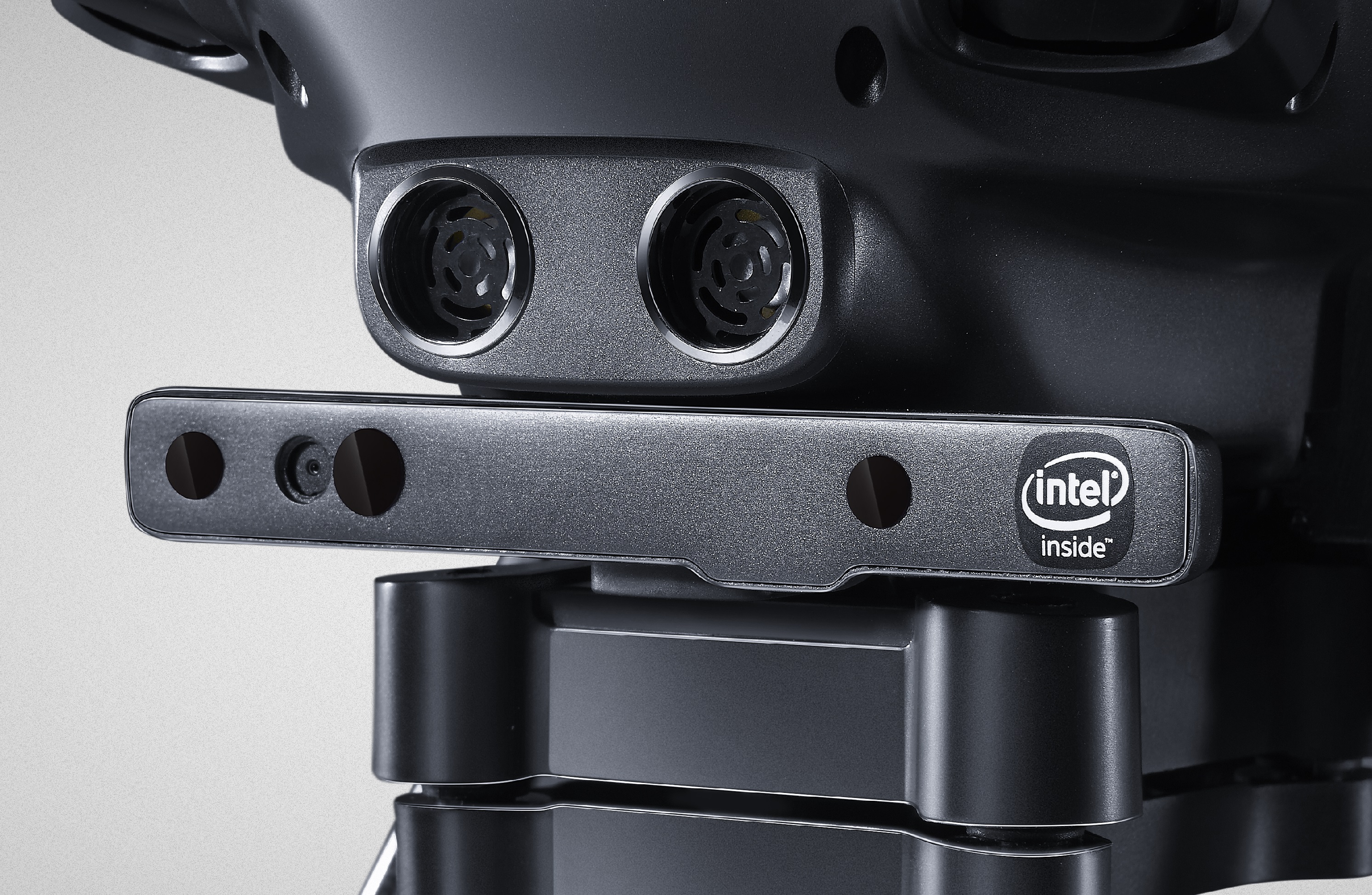
Chip giant Intel will swallow California-based chip outfit Movidius in a bid to improve robots' awareness of the real world.
Movidius is a company that specialises in low-power chip design for computer vision and machine intelligence algorithms.
By buying the firm, Intel hopes it will be able to use these capabilities to enhance its RealSense human-computer interaction camera technology that provides face, gesture and speech recognition and augmented reality capabilities.
"As devices become smarter and more distributed, we recognise that specific system-on-a-chip (SoC) attributes will be paramount to giving human-like sight to the 50 billion connected devices that are projected by 2020," said Intel's New Technology Group senior VP and general manager, Josh Walden.
"With Movidius, Intel gains low-power, high-performance SoC platforms for accelerating computer vision applications.
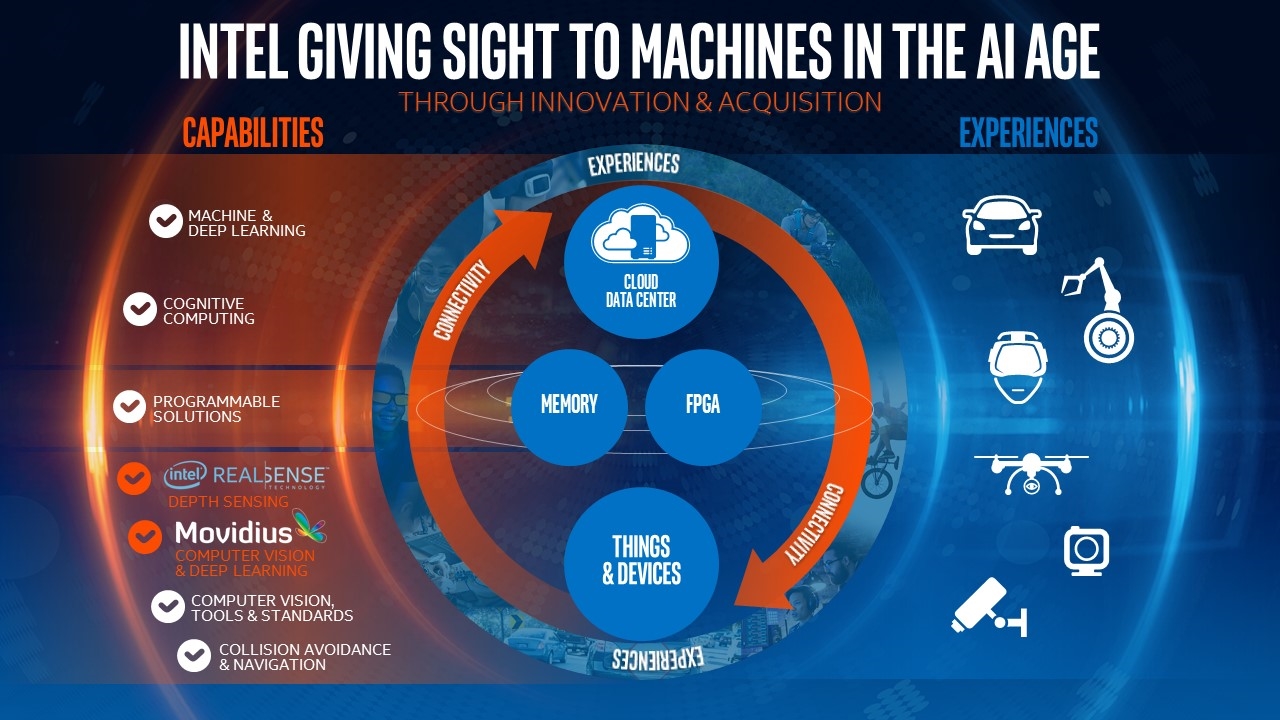
Walden said that these low-power and high-performance SoCs will make Intel's RealSense cameras able to track, navigate, map and recognise both scenes and objects more accurately, while opening opportunities in areas where heat, battery life and form factors are key.
"We will look to deploy the technology across our efforts in augmented, virtual and merged reality (AR/VR/MR), drones, robotics, digital security cameras and beyond," Walden added.
Get the ITPro daily newsletter
Sign up today and you will receive a free copy of our Future Focus 2025 report - the leading guidance on AI, cybersecurity and other IT challenges as per 700+ senior executives
Movidius CEO Reml El-Ouazzane said the deal will provide the basis for new innovation in autonomous machines.
"Our vision processing unit platform for on-device vision processing [and] Intel's RealSense technology is a winning combination for autonomous machines that can see in 3D, understand their surroundings and navigate accordingly," he said.
Movidius is currently working with customers like DJI, FLIR, Google and Lenovo to give smart devices including drones, security cameras, and AR/VR headsets, the ability to see.
The deal has not yet been finalised, and terms between Intel and Movidius were not disclosed.
-
 Should AI PCs be part of your next hardware refresh?
Should AI PCs be part of your next hardware refresh?AI PCs are fast becoming a business staple and a surefire way to future-proof your business
By Bobby Hellard Published
-
 Westcon-Comstor and Vectra AI launch brace of new channel initiatives
Westcon-Comstor and Vectra AI launch brace of new channel initiativesNews Westcon-Comstor and Vectra AI have announced the launch of two new channel growth initiatives focused on the managed security service provider (MSSP) space and AWS Marketplace.
By Daniel Todd Published
-
 Gaining timely insights with AI inferencing at the edge
Gaining timely insights with AI inferencing at the edgeWhitepaper Business differentiation in an AI-everywhere era
By ITPro Published
-
 Scaling AI from pilot to production: Maximize AI impact with HPE & Intel
Scaling AI from pilot to production: Maximize AI impact with HPE & IntelWhitepaper Transform AI proof-of-concepts into full-scale implementations
By ITPro Published
-
 UK supercomputer boom as HPE and Dell receive funding for new AI cluster
UK supercomputer boom as HPE and Dell receive funding for new AI clusterNews The UK’s AI computing capabilities will increase by an order of magnitude in 2024
By Rory Bathgate Published
-
 AI gold rush continues as Hugging Face snags $235 million from IBM
AI gold rush continues as Hugging Face snags $235 million from IBMNews The investment round, which brings the company's valuation to $4.5 billion, also includes Amazon, Google, Intel, and Salesforce
By Richard Speed Published
-
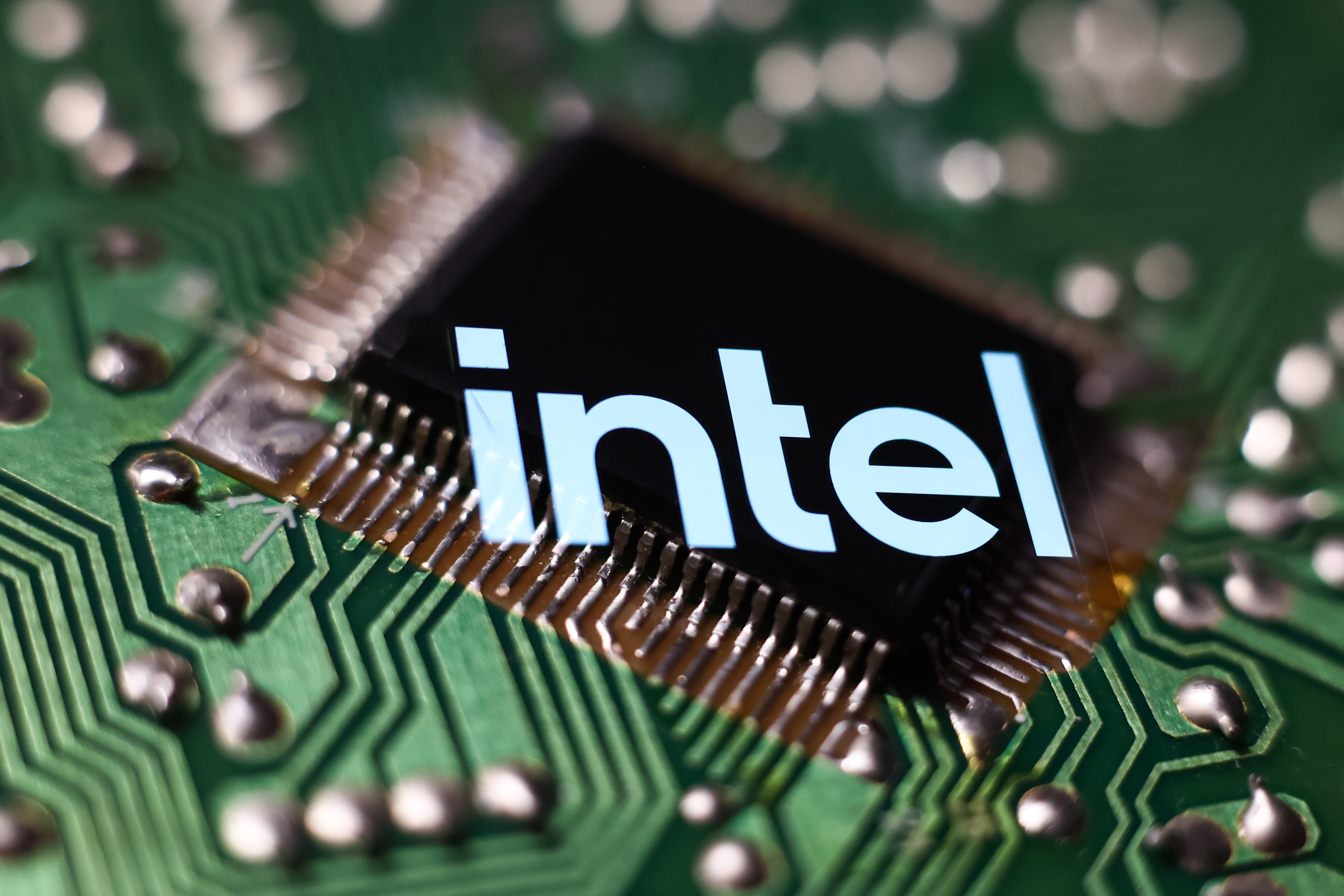 Why is ASUS reviving Intel’s NUC mini-PC line?
Why is ASUS reviving Intel’s NUC mini-PC line?News The diminutive PC is to rise again while analysts look for the business case
By Richard Speed Published
-
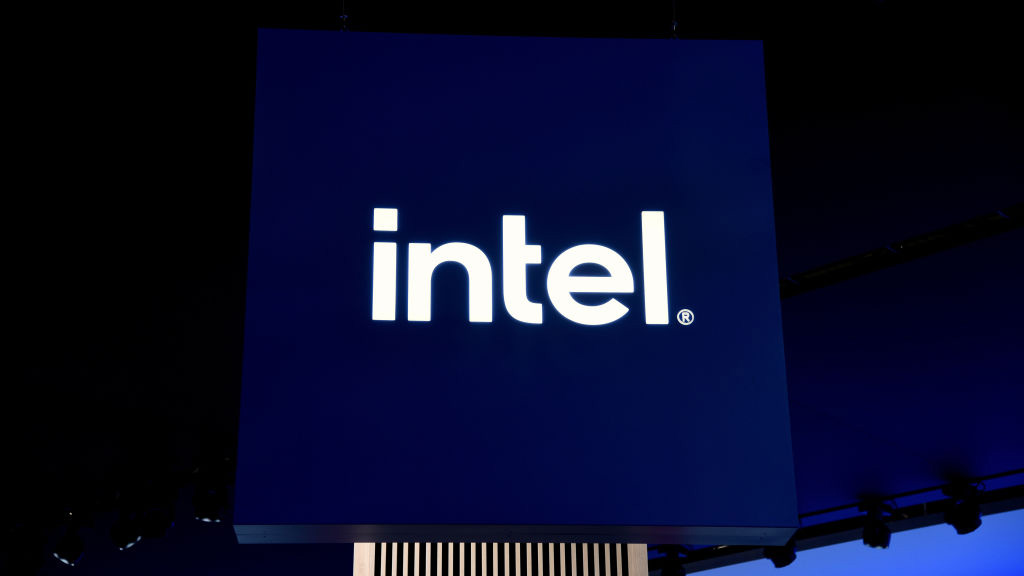 Intel targets AI hardware dominance by 2025
Intel targets AI hardware dominance by 2025News The chip giant's diverse range of CPUs, GPUs, and AI accelerators complement its commitment to an open AI ecosystem
By Rory Bathgate Published
-
 Why aren’t factories as smart as they could be?
Why aren’t factories as smart as they could be?Whitepaper How edge computing accelerates the journey to a remarkable factory
By ITPro Published
-
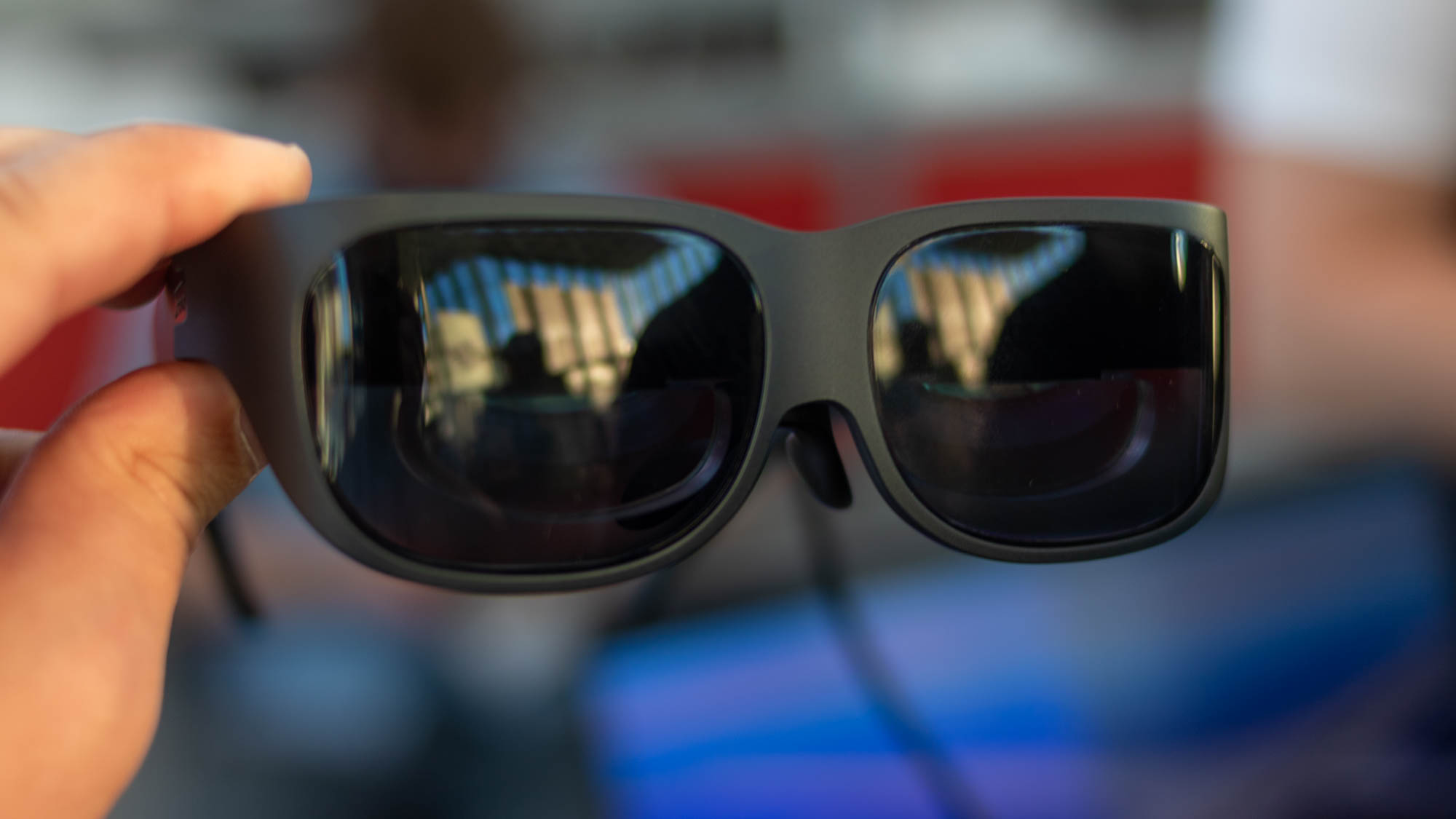 Has Lenovo found the ultimate business use case for smart glasses?
Has Lenovo found the ultimate business use case for smart glasses?Opinion Lenovo’s T1 smart glasses offer a virtual desktop that only you can see
By Bobby Hellard Published